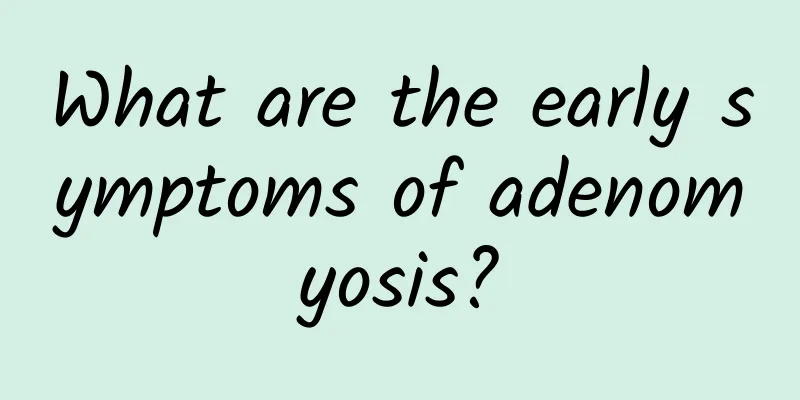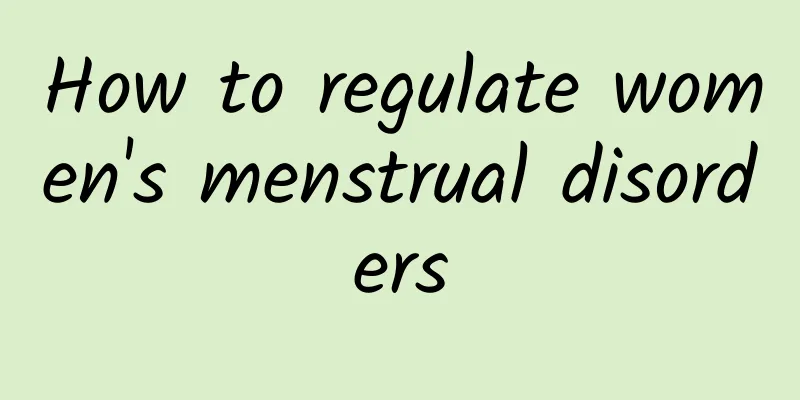What are uterine fibroids?

|
What are uterine fibroids? In the clinical treatment of uterine fibroids, many patients seek medical treatment very late. It is understood that patients do not know much about this disease. When the disease first occurs, it does not attract much attention from patients. It is too late to seek medical treatment when it becomes serious. The following experts introduce what uterine fibroids are, and hope it will be helpful to everyone. What are uterine fibroids? The following experts give a detailed introduction to this issue. Uterine fibroids are a common gynecological disease in women. Most cases have no symptoms, but a few cases present with vaginal bleeding, abdominal masses, and compression symptoms. Pain may occur if the pedicle is twisted or other conditions occur. Multiple uterine fibroids are common. Uterine fibroids are more common in women aged 30 to 45 with strong ovarian function. After the age of 50, due to the obvious decline in ovarian function, most fibroids shrink on their own. Whether uterine fibroids have symptoms and their severity are mainly determined by the location, size, number and complications of the fibroids. Some fibroids are small, grow slowly, and are asymptomatic, and can remain undetected throughout life. In recent years, due to the widespread use of B-type ultrasound examinations, many patients have been found to have uterine fibroids through B-ultrasound examinations during routine physical examinations, but they themselves have no symptoms. Most patients do not know what uterine fibroids are, and most patients seek medical treatment because of symptoms. Common symptoms of uterine fibroids include uterine bleeding, abdominal masses, vaginal discharge, compression symptoms, etc. Patients with uterine fibroids should pay attention to the following: patients should not be overly tired and should take more rest. Eat more fruits and vegetables, keep the vulva clean, do not wear tight clothes, and wash it at any time if there is excessive vaginal discharge. After confirming that it is uterine fibroids, go to the hospital in time and do not delay the treatment. Avoid pregnancy during this period to avoid inflammation. When the menstrual period is heavy, pay attention to supplement iron to avoid anemia. Do not take hormones to avoid the enlargement of fibroids. |
<<: What are the serious symptoms of premature ovarian failure?
>>: Can vaginitis cause infertility?
Recommend
Characteristics of benign ovarian cysts
Characteristics of benign ovarian cysts: Generall...
Drinking orange juice and green tea can prevent dementia! 4 tips for diet, using your brain more and exercising more are the keys to success
As the population ages, a wave of dementia is com...
What fruits and vegetables to eat to prevent miscarriage
Abortion is very painful for expectant mothers, w...
Why does the lower abdomen hurt after abortion? Symptomatic treatment based on the three causes of lower abdomen pain
If you have lower abdominal cramps four days afte...
Recurrent miscarriage screening program
Recurrent miscarriage examination items: There ar...
What are the causes of irregular menstruation? How can women improve irregular menstruation?
What should I do if I have irregular menstruation...
How much does laser treatment for menopause cost?
Patients who want to treat menopause must go to a...
How to treat uterine fibroids How to choose the treatment method for uterine fibroids
The treatment of uterine fibroids needs to be car...
Why does leucorrhea have an abnormal odor?
Why does leucorrhea have an abnormal odor? Abnorm...
What are the ways to prevent adnexitis?
If adnexitis is not treated in time, it can direc...
This way you will definitely lose weight! 3 weight loss tips to follow
Losing weight requires a multi-pronged approach, ...
Uterine fibroids can cause abnormal anemia in women!
Because female friends are not very familiar with...
Bacterial vaginosis test items
Some women are always shy when they think about g...
What is the cause of multiple uterine fibroids?
Multiple uterine fibroids are a common gynecologi...
The reasons for women's irregular menstruation are related to these
Irregular menstruation not only threatens everyon...









